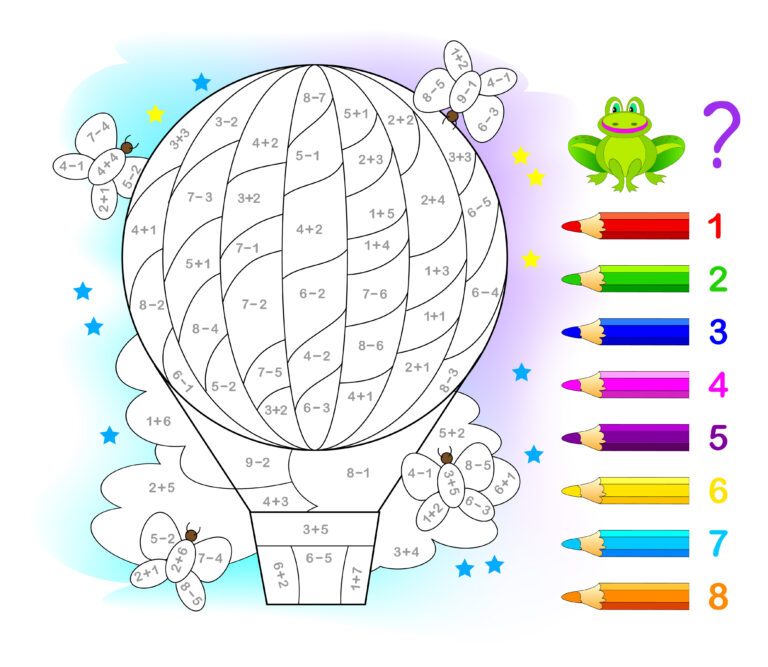Drinking stout cans is not equal to consuming banana isotopes; these are fundamentally different concepts with no direct equivalence in chemistry, nutrition, or physics.
To break it down simply: **stout** is a type of beer, typically dark and rich, brewed from ingredients like barley, hops, yeast, and water. It contains alcohol, calories, carbohydrates, and some vitamins and minerals derived from its ingredients and fermentation process. For example, a pint of Guinness stout has around 210 to 220 calories, some carbohydrates, and trace nutrients from malted barley and yeast. It is a complex mixture of organic compounds resulting from brewing and fermentation, including alcohol, sugars, and proteins.
On the other hand, **banana isotopes** refer to the specific isotopic composition of elements found naturally in bananas. Isotopes are variants of chemical elements that differ in neutron number but have the same number of protons. Bananas are known for their potassium content, especially potassium-40, a naturally occurring radioactive isotope. The isotopic signature of bananas is a scientific measure used in fields like geochemistry or radiometric dating, but it is not something you “consume” as a whole or equate to a beverage.
The confusion might arise from the fact that both stout and bananas contain organic molecules and elements like carbon, hydrogen, oxygen, and potassium, but their isotopic compositions and nutritional profiles are entirely different. Drinking a can of stout does not provide the same isotopic signature or elemental composition as eating a banana. The isotopes in bananas are part of their natural mineral content, while stout’s composition is shaped by brewing processes and fermentation.
In terms of nutrition and health effects, stout beer and bananas serve very different roles. Stout provides calories mainly from alcohol and carbohydrates, with some antioxidants from roasted malt, and can influence the body’s metabolism and gut flora when consumed moderately. Bananas provide dietary fiber, natural sugars, vitamins (like vitamin C and B6), and minerals (notably potassium), contributing to energy, digestion, and electrolyte balance.
Scientifically, isotopes are a property of atoms, not something directly comparable to a food or drink item as a whole. So, while you can analyze the isotopic ratios in bananas for scientific purposes, drinking stout cans is about ingesting a complex beverage with nutritional and biochemical effects, not about isotopes.
In summary, stout cans and banana isotopes belong to completely different categories: one is a brewed alcoholic beverage with nutritional and sensory properties, the other is a scientific characteristic of a fruit’s elemental composition. They are not equivalent or interchangeable in any meaningful way.





